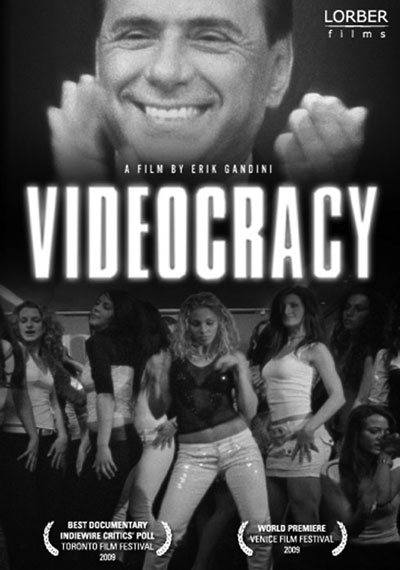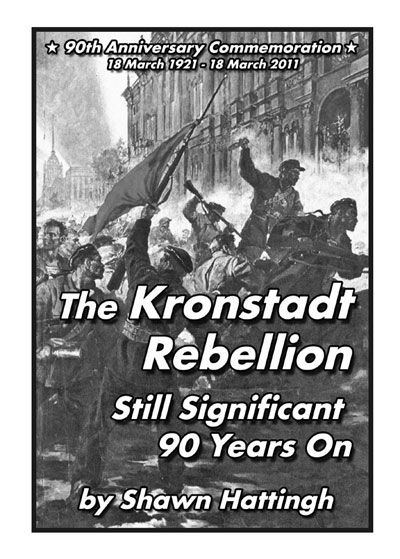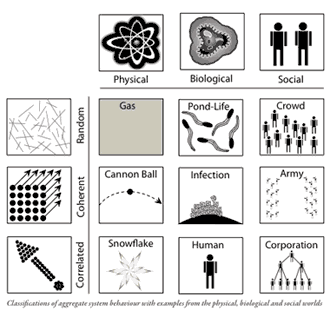Over 30 years of anarchist writing from Ireland listed under hundreds of topics
Magazine
Moments of Excess; Movements, Protest and Everyday Life - Review:
 In November 1999 a new cycle of struggles burst into the media consciousness of the world with the spectacle of anti-WTO protesters confronting police in the streets of Seattle. In fact this was a cycle that had first raised its head in England earlier that year when astonished TV viewers turned on the news on June 18th to discover that the City of London was under siege by ‘anti-capitalist’ protestors, the first time that term had ever been heard in media reporting. ‘Moments of Excess’ is a collection of texts by the Free Association written from 2001 to 2011 paralleling this cycle of struggles, of the so-called anti-globalisation or counter-globalisation movement with its succession of counter-summit mobilisations from Seattle, Prague, Genoa, Evian, Gleneagles and Heiligendamm amongst others.
In November 1999 a new cycle of struggles burst into the media consciousness of the world with the spectacle of anti-WTO protesters confronting police in the streets of Seattle. In fact this was a cycle that had first raised its head in England earlier that year when astonished TV viewers turned on the news on June 18th to discover that the City of London was under siege by ‘anti-capitalist’ protestors, the first time that term had ever been heard in media reporting. ‘Moments of Excess’ is a collection of texts by the Free Association written from 2001 to 2011 paralleling this cycle of struggles, of the so-called anti-globalisation or counter-globalisation movement with its succession of counter-summit mobilisations from Seattle, Prague, Genoa, Evian, Gleneagles and Heiligendamm amongst others.
OBAMA - change you can’t believe in
 The election of Barack Obama to the White House in 2008 was one of the most celebrated electoral victories of recent times. Not since Nelson Mandela’s win in South Africa, following the collapse of the Apartheid regime, was the supposed power of the ballot box so publicly celebrated and displayed.
The election of Barack Obama to the White House in 2008 was one of the most celebrated electoral victories of recent times. Not since Nelson Mandela’s win in South Africa, following the collapse of the Apartheid regime, was the supposed power of the ballot box so publicly celebrated and displayed.
Obama’s victory was hailed as a triumph for the ‘democratic process’ and was widely touted as a fine example of how people power and electioneering can trump entrenched bigotry and money.
Obama + Internet + Money = HOPE
 The electoral system in the United States is notoriously conservative. Two political parties, the Republicans and the Democrats, dominate. To be a Presidential hopeful, you need to have stacks of money – to pay for advertising and campaign teams and so on and so forth. Usually this means courting big business and corporate interests in return for campaign donations.
The electoral system in the United States is notoriously conservative. Two political parties, the Republicans and the Democrats, dominate. To be a Presidential hopeful, you need to have stacks of money – to pay for advertising and campaign teams and so on and so forth. Usually this means courting big business and corporate interests in return for campaign donations.
As a former senator Obama was well aware of this situation and how things worked. Ultimately, however, his success lay in the fact that he mobilised in two distinct constituencies - among the business community but also amongst the grassroots voters. This latter aspect – his grassroots mobilisation - received considerable prominence because it was ‘news’ and noteworthy. His clear and unambiguous business friendly comments received less attention, but were nonetheless important.
A promise broken: Obama & Guantánamo Bay
 The Guantánamo Bay detention facility was created under George Bush’s Presidency in the aftermath of the attack on the World Trade Centre in New York in 2001. Described as ‘a place where normal legal rules’ do not apply, it quickly became infamous for harsh and extreme conditions of detention. Interrogators practiced a variety of torture techniques on prisoners at the facility including the now well known water-boarding procedure.
The Guantánamo Bay detention facility was created under George Bush’s Presidency in the aftermath of the attack on the World Trade Centre in New York in 2001. Described as ‘a place where normal legal rules’ do not apply, it quickly became infamous for harsh and extreme conditions of detention. Interrogators practiced a variety of torture techniques on prisoners at the facility including the now well known water-boarding procedure.
BACK to the FUTURE: Imagining the Future in a post-revolutionary world
 Editors’ Note:
Editors’ Note:
Much of our time as revolutionaries is spent on the routine of organising in the here and now – building a campaign, organising for a demonstration, planning for a trade union meeting…. Too often we don’t manage to take time to step back from the here and now and imagine or envisage what it’s all about. But without dreaming, without imagining a future the daily humdrum can seem dispiriting.
Re-building a trade union movement from below
 It is no exaggeration to say that the Irish trade union movement is in crisis. Even a cursory glance at trade union density figures demonstrates the depth of the crisis. Just 34% of the overall Irish workforce, and only a worryingly tiny 20% of part-time workers, are members of trade unions.[i]
It is no exaggeration to say that the Irish trade union movement is in crisis. Even a cursory glance at trade union density figures demonstrates the depth of the crisis. Just 34% of the overall Irish workforce, and only a worryingly tiny 20% of part-time workers, are members of trade unions.[i]
VIDEOCRACY: Broadcasting Control over the Italian Psyche - review
 Erik Gandini’s “Videocracy” is an intriguing and distressing documentary film that explores Silvio Berlusconi’s media empire, and the deep impact that it has had on Italian society and culture. Gandini’s investigative endeavour was released in 2009, but the trailers were blocked on the six main Italian television channels, which are controlled by Berlusconi. It was a tacit form of censorship aimed at obstructing Videocracy’s popularity, the alleged reason for doing so being that it was offensive to Berlusconi’s reputation. This backfired completely as the block created mass-hype about the film, and when it was screened at the Venice Film Festival it was received by a huge audience and accolades.
Erik Gandini’s “Videocracy” is an intriguing and distressing documentary film that explores Silvio Berlusconi’s media empire, and the deep impact that it has had on Italian society and culture. Gandini’s investigative endeavour was released in 2009, but the trailers were blocked on the six main Italian television channels, which are controlled by Berlusconi. It was a tacit form of censorship aimed at obstructing Videocracy’s popularity, the alleged reason for doing so being that it was offensive to Berlusconi’s reputation. This backfired completely as the block created mass-hype about the film, and when it was screened at the Venice Film Festival it was received by a huge audience and accolades.
Review: The Kronstadt Rebellion, Still Significant 90 Years on
 Zabalaza Books, the anarchist printing project linked to the Zabalaza Anarchist Communist Front (ZACF) in South Africa, recently produced this pamphlet to commemorate the Kronstadt uprising in March 1921, when the sailors and workers of the Kronstadt naval base rose up against the Bolsheviks and were slaughtered by the dictatorship.
Zabalaza Books, the anarchist printing project linked to the Zabalaza Anarchist Communist Front (ZACF) in South Africa, recently produced this pamphlet to commemorate the Kronstadt uprising in March 1921, when the sailors and workers of the Kronstadt naval base rose up against the Bolsheviks and were slaughtered by the dictatorship.
Radical Women of the IWW
Donal Fallon profiles some of the women who played a large part in the illustrious history of the Industrial Workers of the World.
Complex systems theory & anarchism
 Analysing human societies as complex systems can provide an insight into historical processes and the strengths and weaknesses of capitalism.
Analysing human societies as complex systems can provide an insight into historical processes and the strengths and weaknesses of capitalism.
Complex systems theory is a scientific theory coming out of a tradition of catastrophe theory, chaos theory, control theory, and especially cybernetics. Complex systems theory arises as a rejection of the traditional programme of reductionist science. It rejects reductionism as being both unnecessary and intractable.
Traditional physics has attempted to find fundamental laws at the smallest granularity possible. However, it is now known that because of the nature of interactions at very detailed granularity, it can be computationally intractable to predict behaviour of aggregate systems. Water, for instance, is best described (under most conditions) with fluid flow equations which describe aggregate behaviour with relatively simple (non-linear) equations. Attempting to describe it as an aggregate wave function of 1026 interacting quantum particles is not computationally feasible. Instead complex systems theory attempts to describe systems at a natural granularity that allows for tractable prediction of behaviour.

